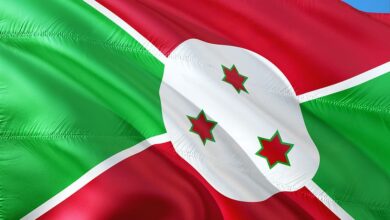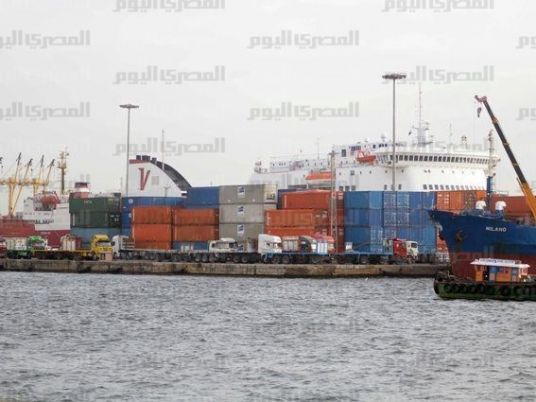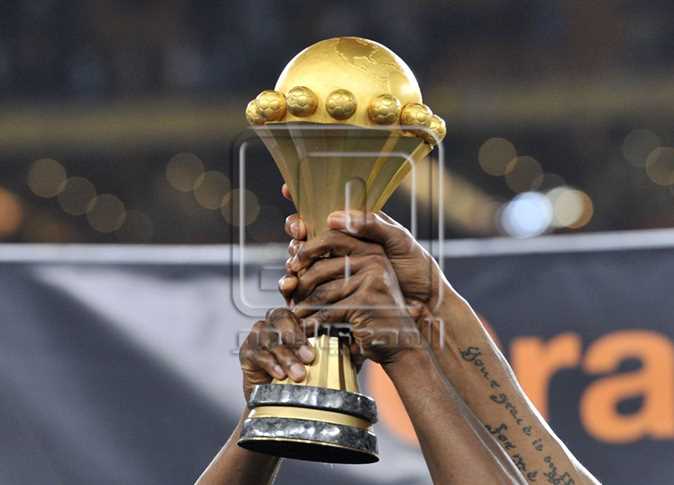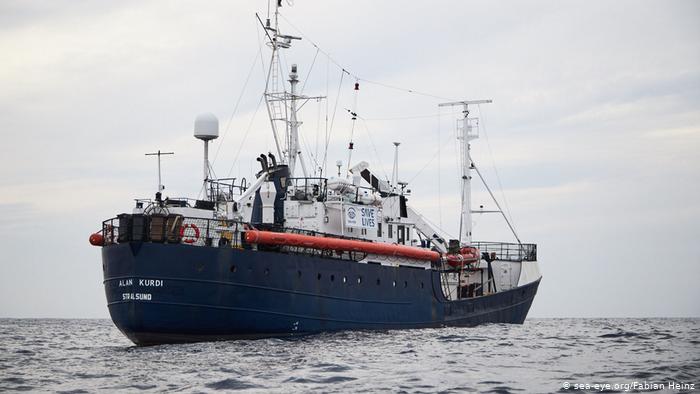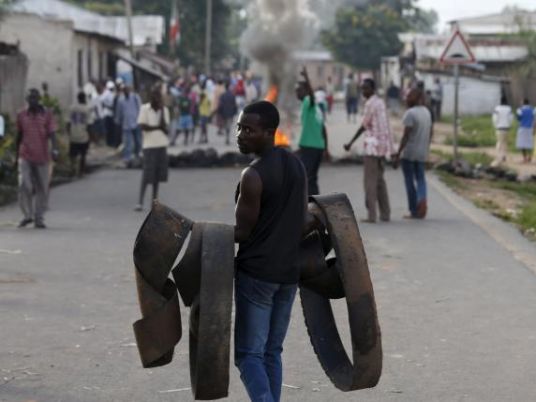
Burundian forces arrested the leader of a failed coup on Friday, President Pierre Nkurunziza's spokesman said, but anti-Nkurunziza protesters said they would return to the streets, setting the stage for more clashes.
Major General Godefroid Niyombare was captured two days after announcing Nkurunziza had been overthrown, presidential spokesman Gervais Abayeho said.
"He has been arrested. He didn't surrender," Abayeho told Reuters. Earlier, Abayeho had said three other generals had been arrested but Niyombare was still on the run.
Asked what would happen to the plotters, Abayeho said it was up to the justice system: "They will be held answerable."
Abayeho said the president was on his way to the capital Bujumbura from his rural home province. Officials had said he arrived back in Burundi on Thursday, returning from a summit in Tanzania.
Troops loyal to Nkurunziza appear to have succeeded in putting down the coup on Thursday, when there was fighting and gunfire in the streets of the capital.
The attempted overthrow of the president follows more than two weeks of violent demonstrations by opponents who say Nkurunziza has violated the constitution and a peace deal that ended civil war in 2005 by seeking a third five-year term.
"Protests to reject the third term bid for Nkurunziza will continue," said Gordien Niyungeko, deputy head of Focode, one of the 300 civil society groups that backed protests. "Our movement had nothing to do with the attempted coup."
A man with a gaping head wound lay dead in a street in Butarere, a Bujumbura district that has been a hotbed for protests. Residents said police had shot him and wounded two others. There was no immediate police comment.
A group of young men in Bujumbura's Cibitoke suburb said they had been warned by police that they would be treated as rebels and shot at if they demonstrated.
Police had come to the neighborhood early in the morning, telling them: "Now we are no longer looking for protesters, we are looking for rebels," one of the group said.
Even before the coup attempt, officials had called protests an "insurrection".
Burundi is facing its worst political crisis since the end of a war a decade ago that pitted rebels groups from the majority Hutu population, including one led by Nkurunziza, against an army then led by minority Tutsis. The army is now ethnically mixed, having absorbed former rebel groups.
During the past weeks of protests, police were often seen firing live rounds at demonstrators. Activists say more than 20 people were killed. Officials deny the police shot or killed demonstrators.
So far, the battle in the capital has largely been driven by a struggle for power, rather than explicitly ethnic rivalry. But diplomats say the longer violence continues the more chance that old ethnic wounds could be reopened.
More than 100,000 Burundians have fled to neighboring countries, a reminder of the massive refugee crises that accompanied violence between Tutsis and Hutus in both Burundi and neighboring Rwanda in the 1990s and early 2000s.
After Thursday's heavy fighting for control of the state radio headquarters and frequent gunfire, the streets of Bujumbura had been quiet on Friday morning.
The constitution and a peace deal that ended the civil war both specify a two-term presidential limit. But Nkurunziza is seeking a third term anyway, relying on a court ruling that his first term does not count because he was appointed by parliament, not elected. His opponents and some donors have questioned the court's impartiality.
The heavy-handed response of the police to demonstrations in recent weeks has drawn stern rebukes from Western donors, who have urged the president not to run again. The United States, which provides training and equipment to the army, demanded a halt to "violent force" by police.
Several African leaders had criticized Nkurunziza's bid for re-election in the June 26 presidential vote. The African Union also condemned any attempt to seize "power through violence".
The European Union, Belgium and the Netherlands have all suspended some aid due to the unrest, particularly donations linked to the elections, which alongside the presidential polls also include a parliamentary race scheduled for May 26.
Opponents of the president and others had called for delay to the elections, although they said a vote should be held by Aug. 26, when Nkurunziza's current term runs out.

